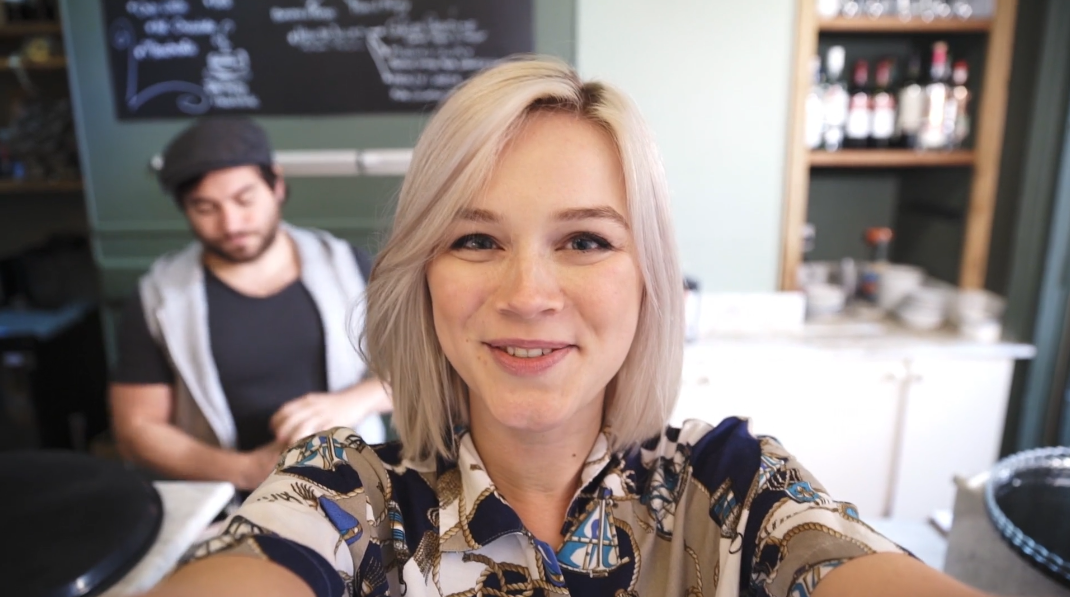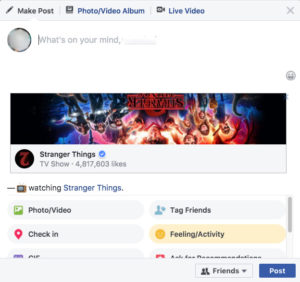
Marketing has changed dramatically over the past 10 years. This can be attributed to several things: the integration of the internet into most of society, technology becoming more affordable, changing values–but perhaps one of the largest impacts on marketing has been the rise of the millennial.
Millennials have already changed marketing due to their key characteristics. These will be discussed below, and followed by a few examples of brands that have adapted to appeal to this generation.
Value Authenticity
Millennials have been bombarded with advertisements their whole lives—they are literally everywhere: billboards, radio, television, computer, tablets, phones, magazines, newspapers—the list goes on. In general, they don’t trust traditional advertising. Honesty is key with this demographic. They are looking for transparency, communication, and relevancy from brands. They like context marketing—ads meant to entertain or provide informational value to the viewer.
Expect a Marketing Experience
Millennials want to be engaged, not advertised to. Give them an experience and they will be much more likely to ‘tune-in’ to your advertisement. This is one of the reasons why experiential marketing has grown recently. They also desire access to customer service—having a one-on-one interaction with brands. This is where social media comes into play.
Social Media
Many, many millennials engage with social media, as the list of relevant platforms continues to grow. This makes it an ideal place for brands to present themselves and engage with their potential consumer base. Millennials view brands they invest in as extensions of their own value and status. Thus, they feel that these brands should share some of their own traits. Businesses need to reflect these new values, and using social media is a great way to do this.
Convenience
Millennials are used to having everything at the end of their thumb—ordering food, watching video, purchasing clothes. They expect brands to cater to this convenience factor.
With all of these things in mind—authenticity, experience, social media, and convenience—here are some examples of brands that have adapted well to millennial marketing.
Burger King vs. McDonalds
Burger King recently released an advertisement targeting McDonalds (which makes a nod to several things at once—the SAW movies, Stranger Things, IT). Essentially: they’re giving free whoppers to clowns.
This not-so-subtle dig at mascot Ronald McDonald is a fantastic example of the modern-day internet phenomenon ‘trolling’. Trolling is the art of deliberately, cleverly, and secretly annoying someone, usually via the internet. Burger King is clearly doing its best to draw people to it’s restaurant by challenging McDonalds. It’s entertaining and it’s a call to action.
Wendy’s
Keeping with the fast food trend, an example of new authenticity (and humor!) in advertising is Wendy’s Twitter account. Their Twitter following has risen nearly 80% in the last 2 years due to their untamed sass. This is an example of one of their Tweets, addressing a customer concern. They handle it with honesty and humour, and people have appreciated it. Rap battle with Wingstop, anyone?

Netflix
Netflix has established itself well in social media, on platforms such as Twitter and Facebook. They have also accommodated millennials’ desire to constantly ‘share’ with it’s features that connect Netflix and Facebook accounts. This not only allows people to more easily share what they are watching, but it’s also free advertising for Netflix . Similar to Wendy in that it has switched over to using more ‘authentic’ language. Netflix was also (arguably) the innovator of the ‘binge-watch’–viewing a television show or movie for hours on end, a common past-time for many millennials (though this does not disclude other generations!)

Uber
As we said above, millenials are all about sharing. Uber has designed its business around the idea that millenials are all about convenience—being able to book a ride via your smartphone.
They are also engaging in modern politics, something that is making a comeback in today’s youth.
We stand with the LGBT community and support protections ensuring no one is discriminated against for who they are. https://t.co/SXNrzReIDh pic.twitter.com/9vVdt8hb8n
— Uber (@Uber) October 11, 2017
Additionally, Uber has recently partnered with Snapchat to allow users to swipe up on snaps to request a vehicle.
5 Pound Apparel
5 Pound Apparel is a small business in Springfield, MO. Millenials want to be entertained and related to, and this video is a great example of both.
